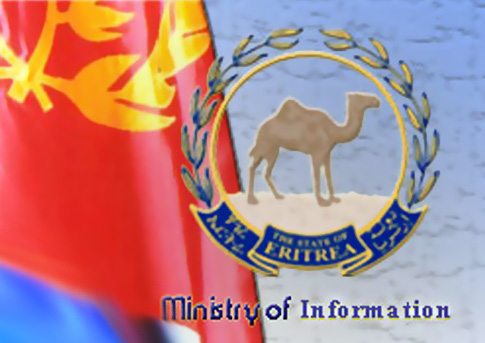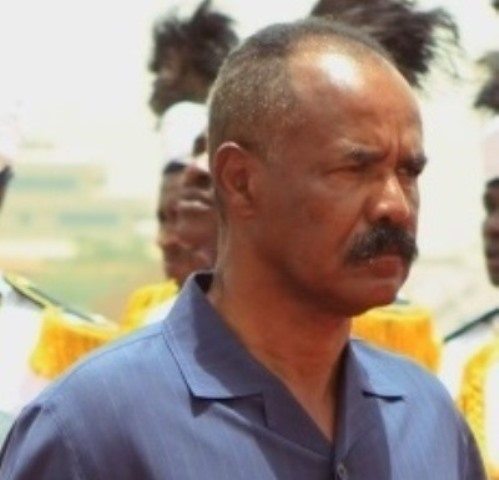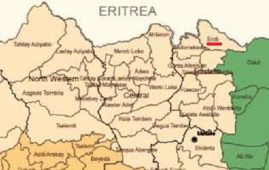Ethiopians admire the industriousness, bravery and sacrifice of the Jewish people. The two have strong historic and cultural bonds. In fact, tens of thousands Ethiopian Jew now reside in the State of Israel. It is also understandable that Israeli insist for a national homeland of their own, in light of the centuries of persecution in Europe and elsewhere that culminated in the Holocaust.
But Ethiopians are aware of the plight of the Palestinians. Whatever arguments one may present, it is not acceptable anymore that millions should live stateless as refugees and IDPs.
Ethiopians also believe in the politics of recognition and self-determination. Palestinians need a homeland of their own to live with dignity, determine their destiny and promote their cultural and social values. For this, they need a state of their own.
In fact, the Palestine Liberation Office formally opened its office in the Ethiopian capital more than three decades ago, with vehicles and housing provided by the Ethiopian government. Last year, Palestinian Authority President Mohammed Abbas and Ethiopian Premier Meles Zenawi laid a foundation for the construction of a new office building. It is worth noting that Meles Zenawi’s party supported the Palestinian cause long before its ascendance to power.
year, Palestinian Authority President Mohammed Abbas and Ethiopian Premier Meles Zenawi laid a foundation for the construction of a new office building. It is worth noting that Meles Zenawi’s party supported the Palestinian cause long before its ascendance to power.
Next week, President Abbas is expected to seek the recognition of Palestine state at the United Nations summit. For Palestine to become a voting member of the UN, the Security Council should approve it. That is unlikely, as US America made it clear it will veto it.
Thus, President Abbas is also expected to submit the request for the General Assembly, which can elevate the status of Palestine Authority from a ‘non-voting observer entity’ to a ‘non-voting observer state.’ The latter is the status the Holy See (Vatican) has at the UN. It is, for most part, a symbolic change, but it means a lot to the Palestinians.
Ethiopia should support their aspirations.
There are fears that the recognition of the Palestine State, or the lack of tangible changes subsequently, might ignite another intifada. But that only suggests the need for effectively communicating the Palestine public by its leaders. Nor does the status-quo guarantee stability anyway.
It is also feared that the recognition might impede further negotiations. That could happen if the government of Prime Minister Netanyahu continues with its belligerency towards peaceful settlements and uses the issue to that end. That is unacceptable.
The recognition will bolster Palestinians standing in their negotiation with Israel. Let it be. Perhaps, this might alarm the Israeli right wing that a negotiated settlement is inevitable and the sooner the better.
Palestinian groupings and leaders could misuse the recognition as a substitute for negotiation. This can and should be addressed in the text of the UN resolution that will recognize the Palestinian state.
At any rate, Ethiopia should clearly be in the YES camp.
But that is not it. Ethiopia’s vote should be accompanied by public statement asserting the basis of the decision.
By supporting the Palestinian cause, Ethiopia doesn’t hope to win favor from the elite of the Northern Africa and Gulf states. Time and time again had been shown that their attitude is not amenable to reason. In fact, several of them, including some currently busy lobbying for the Palestine statehood bid, had been acting, probably still, in flagrant violation of Prophet Mohammed’s edict not to attack Ethiopia unless in self-defense. Thus, Ethiopia couldn’t have the illusion that a vote for Palestine would count more than hosting the first Hijra and accommodating the relatives of Prophet twice.
But the Palestinian problem is not an Arab problem rather a human problem. Ethiopia’s commitment to self-determination and group rights should be the sole basis of her decision. This should be explicitly stated on Ethiopia’s public statement.
The vote could hurt Ethiopia’s relations with the current Israeli government. But Ethiopia frequently defy United States government’s wishes on principled grounds, the case of Israel can not be different. More importantly, the recognition of Palestine per se couldn’t jeopardize the legitimate interest of the Jewish people. It is a step towards the two-state solution, which is in the interest of Israel too. This is a view shared by about 50 Israeli civil societies who expressed their support for the Palestinian quest for recognition at the UN.
That is another reason for Ethiopia to communicate the basis of her decision publicly. Especially, to the Ethiopian-Jewish community in Israel.
As Ethiopia can not dictate the text of the UN resolution, it should clearly state that the recognition should not to be a substitute for negotiation, nor should it be used, by either side, in any manner that could forestall negotiated settlement of the Israel-Palestine conflict.
But, voting in favor of the Palestinian statehood bid is a moral duty Ethiopia can not disregard.






nice blog, it helped me for my MUN research as well
When some one searches for his vital thing, so he/she desires to be available that in detail, therefore that thing is maintained
over here.
Your article really helped me in my MUN session , thanks 🙂
Nice post. I study one thing more difficult on different blogs everyday. It is going to at all times be stimulating to learn content from other writers and apply slightly something from their store. I?d want to make use of some with the content material on my blog whether you don?t mind. Natually I?ll offer you a link in your net blog. Thanks for sharing.
Fuck u dud we don’t vote for anyone here